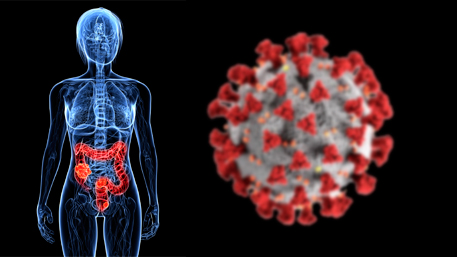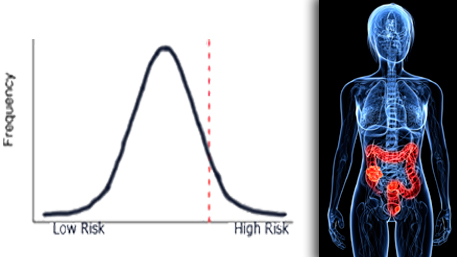Category: colorectal cancer
Stool-based Colorectal Cancer Screening in the COVID-19 Era

The COVID-19 pandemic continues to exact a devastating public health toll and in many indirect ways. While people work from home and avoid social contact, many may also be skipping important preventive care. Findings released in May of 2020 indicated a drop of between 86% and 94% in preventive cancer screenings in 2020 compared with Read More >
Posted on byShould polygenic risk scores be used in risk-stratified colorectal cancer screening?

Polygenic risk scores (PRS) summarize information about a person’s disease risk based on numerous DNA variants in their genome. Each variant confers very little increase in disease risk. But composite (or polygenic) risk scores made up of a number of such variants have been shown to stratify people to normal distributions of disease risks for Read More >
Posted on byCan an Aspirin a Day Prevent Colorectal Cancer in People with Lynch Syndrome?

Encouraging news for group at much greater risk of CRC Lynch syndrome (LS) is the most common cause of hereditary colorectal (colon) cancer (CRC). People with LS have a 50-70% risk of developing CRC in their lifetimes – far higher than the 4% risk within the general population where CRC is a leading cause of Read More >
Posted on byWhen Should You Be Screened for Colorectal Cancer?

Starting at the right time saves lives. People with a family history of CRC may need to start much earlier. Doctors and public health professionals strive to live by the creed “First, do no harm” but often wrestle with difficult choices, including when and how often screening tests should be conducted. Effective prevention of colorectal Read More >
Posted on byMaking Universal Screening for Lynch Syndrome a Reality: The Lynch Syndrome Screening Network

Every day, about 400 people in the United States are diagnosed with colorectal cancer. Approximately twelve of them have Lynch syndrome, a hereditary condition that increases the risk of colorectal cancer and other cancers. Identifying people with Lynch syndrome could have substantial health benefits for them, their families, and communities. Read More >
Posted on by 1 Comment

